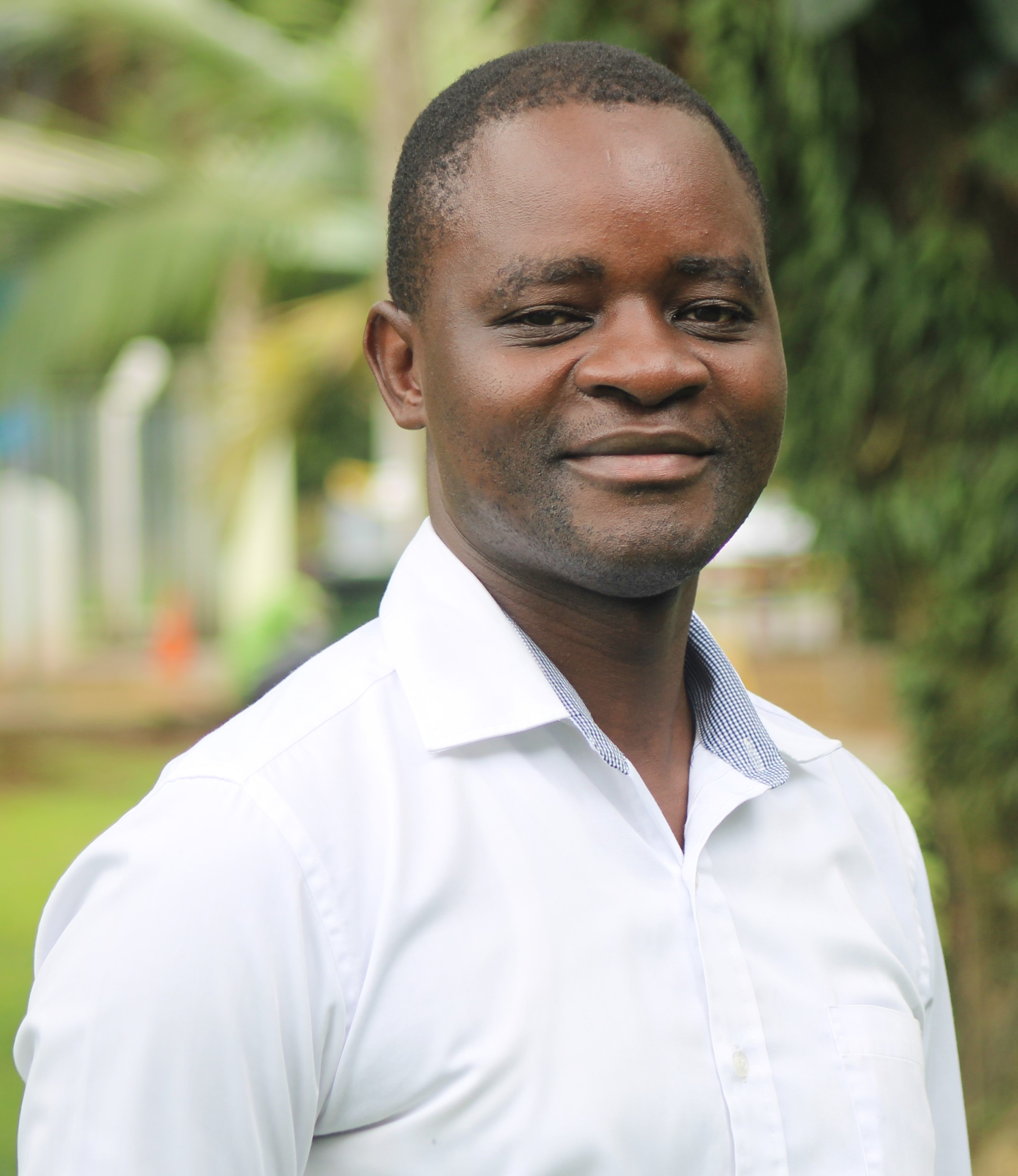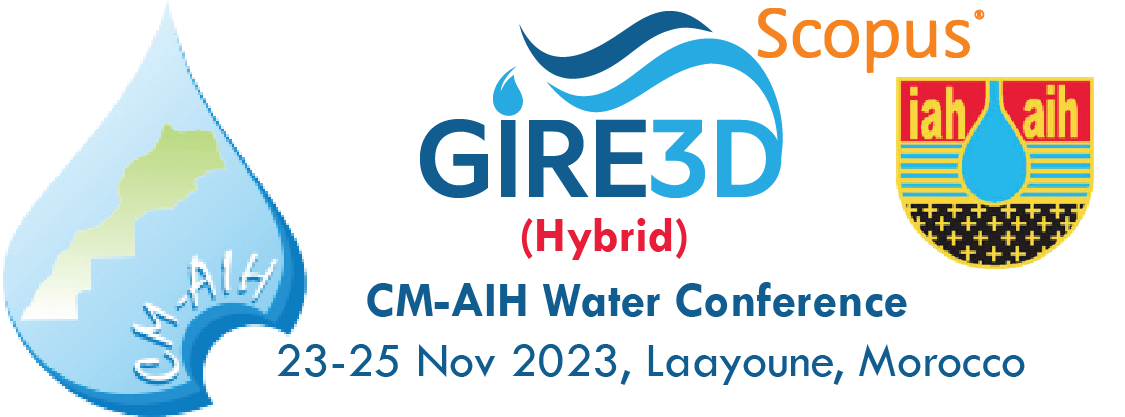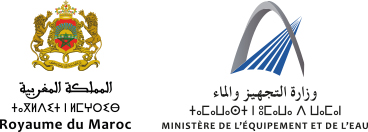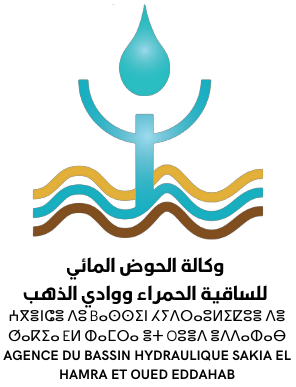GIRE3D 2023
Keynote Speakers
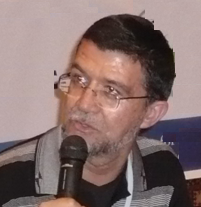
Dr. Andrea Scozzari TITLE: Earth observation for groundwater : the importance of remote sensing fundamentals
Andrea Scozzari expertise is in the field of data and signal processing for the observation of the environment. He’s been co-organiser and committee member of various water-related events in the MENA region, the most relevant output being the book “Water Security in the Mediterranean Region” published by Springer (2011). He holds University Master courses in the environmental remote sensing sector, and has been member of the PhD board in “Remote Sensing” at the University of Pisa (Italy)
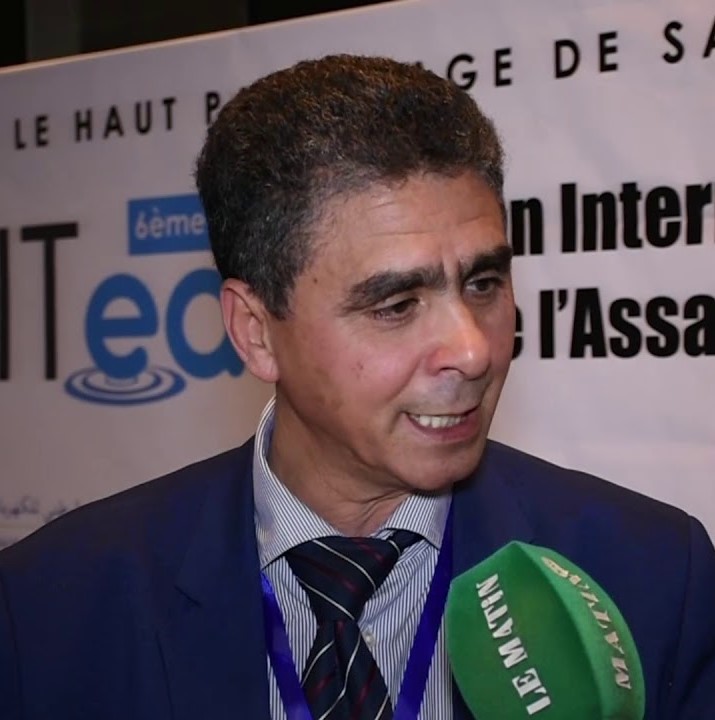
Dr. Moulay Driss HASNAOUI Mission Officer
-Doctor-Engineer-Researcher and Master's degree holder
-Mission Officer to the Director of Research and Planning for Water at the General Directorate of Hydraulics, Ministry of Equipment and Water
-Adjunct Professor at engineering schools
-Author with a wealth of scientific articles to his credit
-Reviewer of articles for scientific journals
-Hassan II Scientific Research Award in Environmental Science for the year 2002.
TITLE: National Water Strategy by 2050 in Morocco
Dr. Victor Ongoma
Victor Ongoma is an Assistant Professor of Climate Change Adaptation International
Water Research Institute at Mohammed VI Polytechnic University (UM6P). Victor
trained and worked as a meteorologist. He holds a PhD (Meteorology) from Nanjing
University of Information Science and Technology, China.
His research focuses on climate change, climate services, and sustainable development
over Africa. He is currently working on application of climate information in closing crop
yield gap, and conservation of Globally Important Agricultural Heritage Sites (GIAHS) in
Morocco.
Prior to joining UM6P, Victor was a lecturer of Physical Geography at University of the
South Pacific, Fiji (2019 - 2021). He joined academia as a lecturer in Meteorology at
South Eastern Kenya University, in Kenya (2013 - 2019), from Kenya Meteorological
Department in Kenya where he served as a Meteorologist (2011 - 2013). In 2018, he
was a Visiting Fellow at Center for African Studies (CAS), Harvard University.
TITLE: The changing climate over Africa: Impacts on Water Resources
Abstract:
The economies of most African countries is mainly reliant on water dependent sectors, making rainfall the most important weather parameter. However, water resources, as in several other parts of the world, are facing many challenges among them climate change. The growing population, land use and urbanization, and economic development, are other hydrological stressors. Climatologically, the continent’s climate varies greatly in space and time. Hence, most parts of Africa record very high hydrological variability in all components of the water cycle, with devastating impacts on people and the environment. Understanding the current and projected climate change is important for planning such as managing water resources to reduce loss of lives and destruction of property. Already, there is observed increase in temperatures and changes in rainfall, with increased seasonal and interannual variability, leading to droughts in some regions. Droughts and floods are the most common weather extremes in Africa. They largely affect the water quality and quantity, threatening the realization of most Sustainable Development Goals among them Goals #1 and #2. Declines in river flows in West and Central Africa have been attributed to declining rainfall and increasing temperature, drought frequency and water demand. Shallow lakes respond dramatically to hydrological changes, for instance, Lake Chilwa totally dried up a number of times in the last century. Intensity of very wet and very dry weather and climate events and seasons are projected to increase further as the warming continuous, posing a greater challenge to water resources. The northern Africa, the Greater Horn of Africa, and Southern Africa, the known drought hotspots, are projected to get drier. Although East is Africa is projected to get wetter, the performance of Global Climate Models in the region remains unreliable. The uncertainty makes planning more challenging. In addition the various ongoing adaptation initiatives across the continent, there remains a need for climate informed water-related investment choices in line with the continent’s ‘development trajectory’ for sustainable use water resources.
Dr. Claudio A. Sáez
Dr. Claudio A. Sáez is an Environmental Engineer with studies at University of Valparaíso, Chile, and Victoria University of Wellington, New Zealand. He was awarded with a PhD in Marine Sciences from University of Plymouth, United Kingdom. He has specialized in the field of marine environmental research, ecotoxicology and environmental biotechnology; mostly applied to desalination discharges and environmental management. Dr. Sáez´s contributions account for more that 50 high impact scientific articles, over 20 research projects (over US$ 5M), dozens of conference presentations, several agreements and contracts with private and public sectors, and acting as an advisor for authorities, decision makers and stakeholders.
TITLE: Advances in environmental biotechnology for a cost-effective and sustainable development of the desalination industry
Abstract:
Seawater desalination has arisen as one of the most important alternatives to complement freshwater needs for human consumption, agriculture, and industrial activities in the Climate Change era. However, there has been relevant concerns regarding its potential associated economic and environmental impacts. In this regard, desalination has significantly advanced in the last 50 years in terms of energetic consumption, which is also aimed to be soon fulfilled with renewable energies. Also, the desalination process through reverse osmosis (the most used technology) produces a so-called brine; a high salinity residue that can even double the natural salinity of the sea, and that the majority of cases is delivered back to the coastal area. It has been observed that the excess salinity within the brine influence area can have detrimental effects over certain organisms, especially those that cannot cope with osmotic pressure. In spite of this information, there is still important gaps of knowledge to understand the real impacts of desalination discharges. On one hand, to understand biological mechanisms of potentially affected organisms to thrive under brine discharges. Moreover, to eventually use those mechanisms in order to develop environmental biotechnology tools for early warning and mitigation of impacts. In this regard, marine macrophytes (i.e. macroalgae, seagrasses) have been described as reliable biomonitoring organisms, mostly due to their sessile nature, relative physiological complexity and tolerance to environmental fluctuations. In this presentation, we will cover several investigations under laboratory-controlled mesocosms and transplantation experiments within brine influence areas of desalination discharges in the South-eastern Pacific and Mediterranean Sea. Depending on the ecosystem, the model macrophyte species have been either macroalgae and/or seagrasses. Our investigations have demonstrated that the most important mechanisms to withstand salinity excess mediated by brines are related with a strong reactive oxygen metabolism and energy-dependent osmotic regulation. From the latter, a battery of metabolites and specific genes have been assessed and tested as reliable biomarkers. These biomarkers have been successful not only for early measures upon a brine-associated threat but can also provide insights on the responsibility of detrimental effects of different stressors where multiple impacts are present. These investigations can be extrapolated to different macrophyte species, ecosystems and stressors, and are expected to provide a significant advance in the fields of marine ecotoxicology and environmental biotechnology.
General Directorate of Hydraulics
Ministry of Equipment and Water
